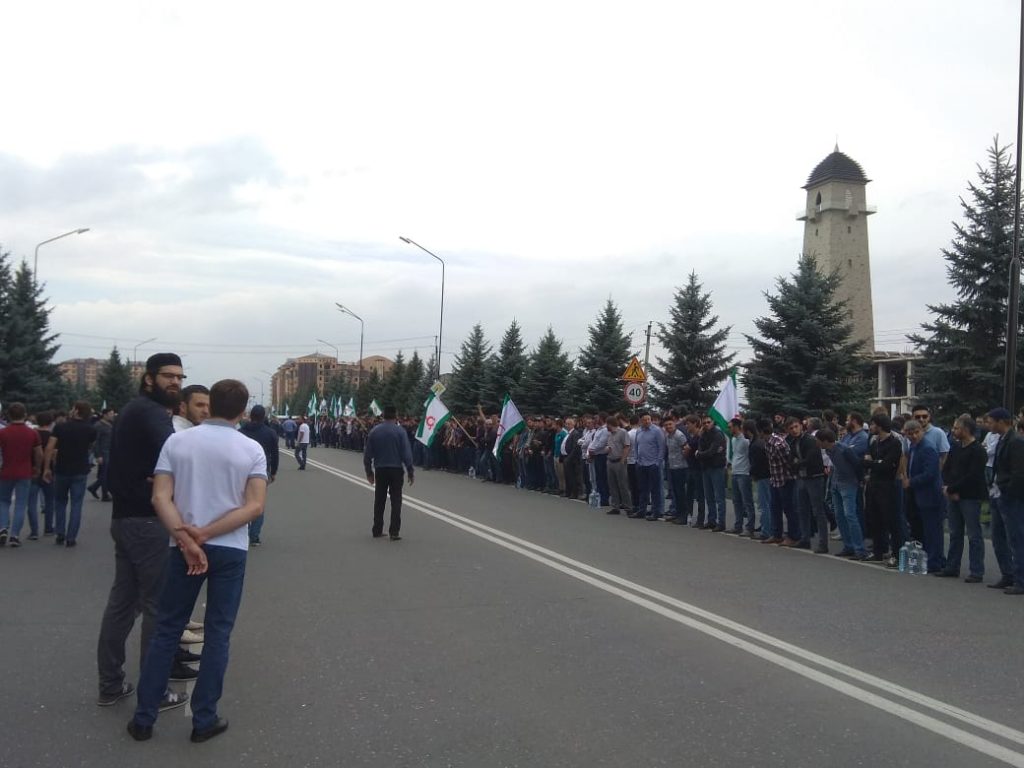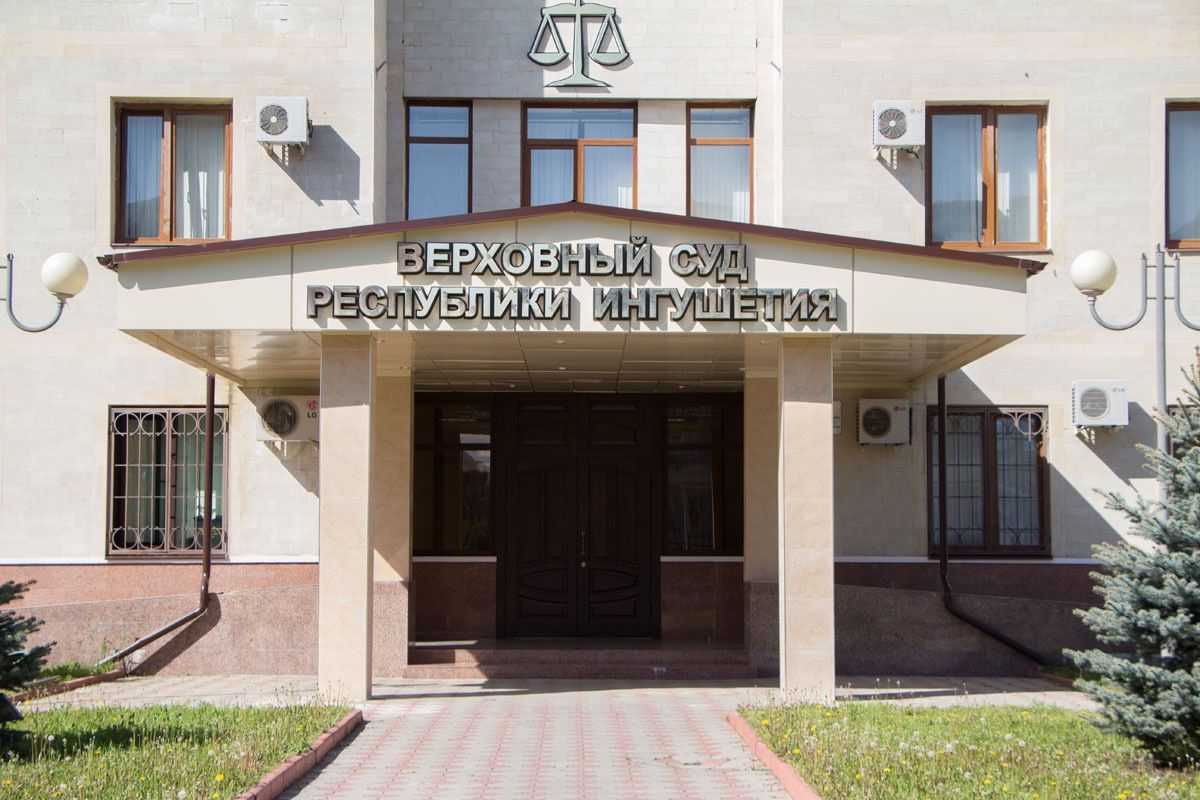
The authorities in the Russian Republic of Ingushetia have challenged a proposal by the neighbouring republic of North Ossetia — Alania to take control of several areas of the republic.
The North Ossetian Ministry of Construction presented the proposal on 30 August, leading to public outcry in Ingushetia.
According to Ingush news site Fortanga, the proposal would incorporate part of Ingushetia’s Dzheyrakhsky District — the village of Gorbani, the Stolovaya mountain, and land surrounding the Kavdolomite mining enterprise — into North Ossetia.
On 30 August, the North Ossetian Ministry of Construction sent a notice to various departments to familiarise themselves with this proposed project, which was developed by Yuzhnyy Gradostroitelnyy Tsentr. The Ministry had previously signed a contract with the project developer on 13 May.
Local authorities in Ingushetia, including the administrations of the Dzheyrakh and Nazran districts, have opposed the proposed changes.
On 6 September, the heads of the Dzheyrakh and Nazran administration wrote public letters emphasising that the lands in question were of strategic importance for the region, and therefore could not be transferred to the control of a neighbouring entity.
The following week, on 11 September, the Ingush Ministry of Natural Resources and Environment concluded that the proposal violated the boundaries of the Nazran forest.
‘Attempts to include this area in the territory of North Ossetia are not only illegal, but also contradict federal legislation’, their statement read.
While the official borders between Ingushetia and North Ossetia have not been demarcated, the Ministry of Foreign Affairs, National Policy, Press and Information of Ingushetia emphasised that there was a moratorium on any changes to the borders until 2030.
Isabella Evloeva, a journalist and the founder of Fortanga, said the proposal had caused widespread outrage in Ingushetia.
‘There was a huge public outcry. Everyone was talking about it, except perhaps the infants and the mute’, Evloeva told The Moscow Times.
She said that many had pledged online to protest the decision if they went ahead.
According to Evloeva, the Ingush authorities’ decision to publicly reject the move had prevented protests from breaking out as of yet.
A shrinking Ingushetia
At just 3,628 square metres, Ingushetia is the smallest of Russia’s federal subjects other than its three federal cities. Issues surrounding its territory have several times led to conflict with its neighbours, including North Ossetia.
Following the 1944 Soviet deportations of the Chechen and Ingush people, the territories of the Chechen-Ingush ASSR were distributed among neighbouring regions.
After their return from Siberia and Central Asia thirteen years later, the Prigorodny District of Ingushetia remained a part of North Ossetia. In 1992, the issue broke out into armed conflict between the two Russian republics, resulting in hundreds of dead and the displacement of thousands of Ingush people from North Ossetia.
In 2018, part of Ingushetia’s territory was transferred to Chechnya despite widespread anger in Ingushetia.
Around 340 square kilometres (making up about 9% of Ingushetia’s total territory) was transferred to Chechnya according to the agreement, which was backed by Moscow and signed by the heads of Ingushetia and Chechnya.
The deal led to large protests in Ingushetia leading to the arrest of dozens of activists.
The legality of the deal was also challenged by the Constitutional Court of Ingushetia, which ruled on 30 October 2018 that the deal violated the Ingush Constitution because no referendum had been held. However, on 6 December, the Ingush court’s decision was overturned by the Constitutional Court of Russia.

[Read more on OC Media: Protests erupt in Ingushetia as MPs say Chechnya land swap vote was falsified]
Protests continued in 2019 resulting in the prosecution of 49 people in what became known as the ‘Ingush case’.








